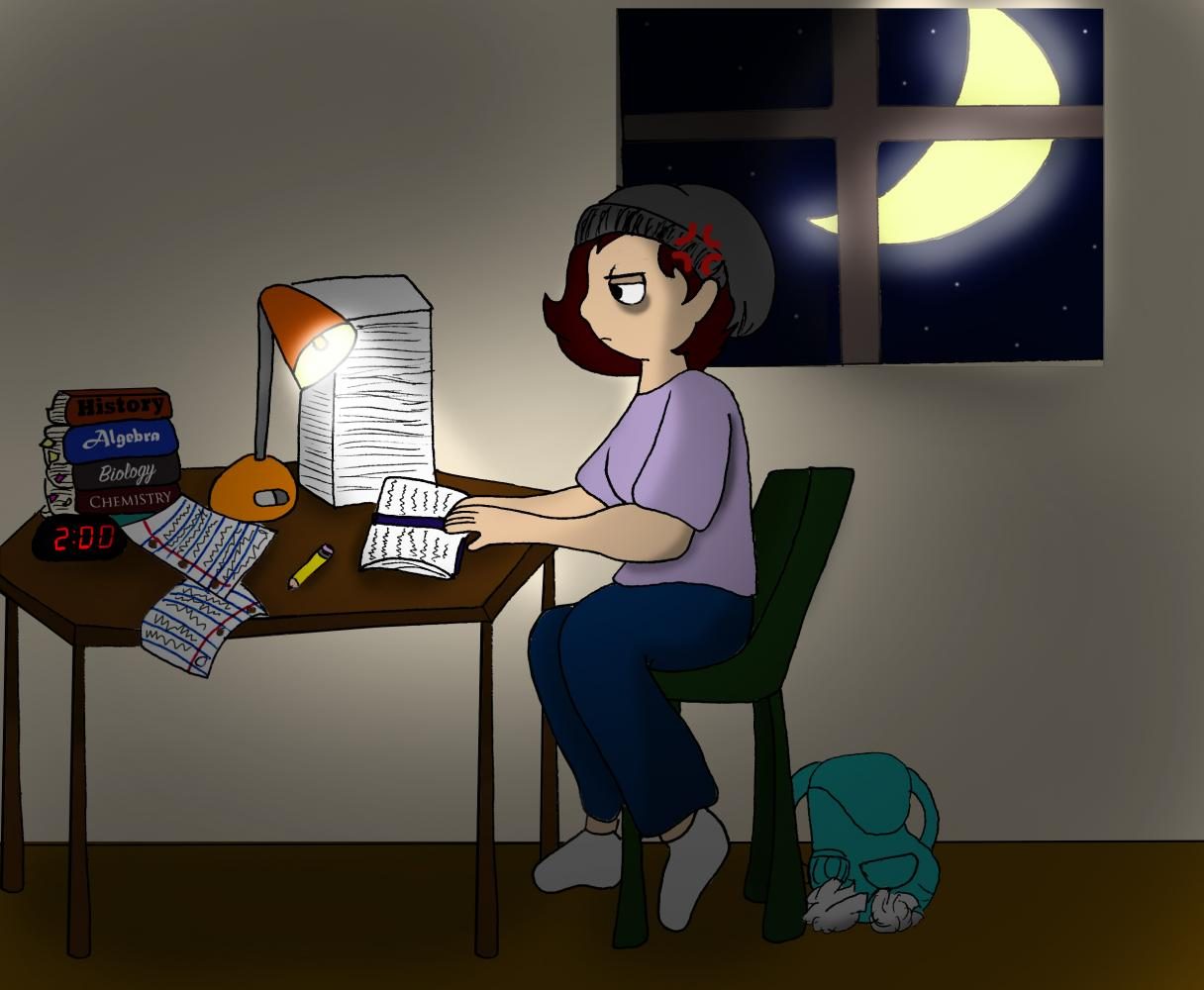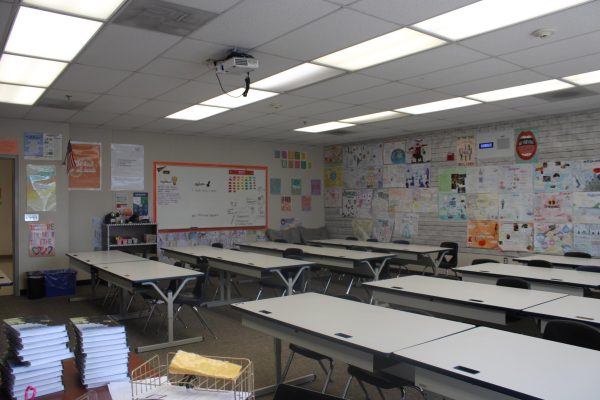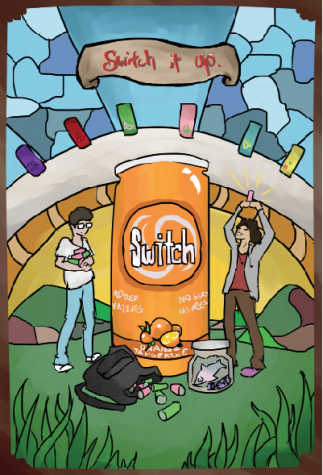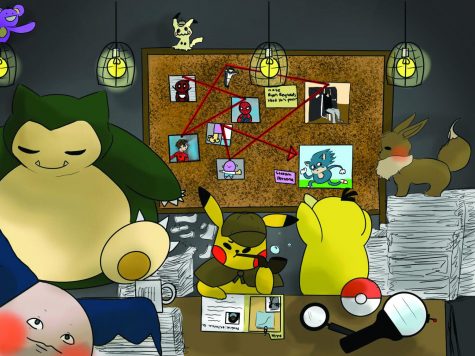Students grapple with stress on a regular basis
AP classes account for excessive stress on students
Many students are stressed out because they stay up until the wee hours of the morning completing their school work.
It was 5 a.m. by the time junior Justin Lin went to sleep after finally finishing his presentation for his AP Language and Composition class.
Sadly, this was not uncommon for Lin. On average, Lin goes to sleeps around 3 a.m. because of the strenuous homework load of five AP classes.
The sleep deprivation that Lin and hundreds of other students deal with is not going away anytime soon, especially with AP exams wrapping up and finals only a few weeks away.
Lin and many other students claim to have up to eight hours of homework on some days.
“I’m literally dead,” Lin said jokingly. “Can I drop out?”
Lin is not alone. Many students struggle with an unreasonable amount of AP classes, and the stress that comes with them.
While Lin said he enjoys a challenge, he also said junior year in particular has been extremely stressful for him. In his case, he took many AP classes because his friends did, so he felt an obligation to do the same.
“Basically, the whole group is committing suicide with five or six weighted classes,” Lin said.
Junior Zoe Zhang shared this sentiment. She said an “AP Bubble” existed, where students were expected to take AP classes because their friends were.
And while Zhang said she felt more comfortable in AP classes because she knows many of the students, they are very stressful.
Zhang said while people within the AP Bubble don’t explicitly tell each other to take certain classes, there is a sense of obligation to take such rigorous classes anyway.
“Even if we don’t like the subject or don’t think we will do well we still take the class,” Zhang said. “It’s what we’re expected to do.”
But even students such as junior Jessica Chao, who said she took her classes willingly, admits to the difficulty of keeping up with the workload.
Taking five AP classes and running two clubs, Chao claims to get four to five hours of sleep on a regular school day. Like Lin, she can have up to eight hours of homework a night.
She said that her lack of sleep has become one of the reasons why it takes her so long to complete her homework.
“When I’m at my worst I will sit there staring into nothing for a few minutes at a time because I literally can’t get myself to move,” said Chao. “Or I’ll pass out. That happens too.”
Chao pointed out that the district’s relatively new homework policy does not apply to AP or honors classes at all, despite the fact that those were the classes that got the most homework.
Counselor Cheryl Youngberg said the reason why the homework policy does not apply to AP and honors classes is because the College Board controls the curriculum. But she believes teachers of weighted classes have been trying their best to adopt the homework policies used for regular classes.
Youngberg added that taking five AP classes was not necessary and that students must learn to make decisions for themselves while maintaining a balanced lifestyle.
In the past, Youngberg spoke to students about different initiatives to get rid of stress, but she believes the amount of stressed students has only been getting higher by the year. This is an issue beyond Cal.
In 2014, the American Psychological Association (APA), conducted a survey that showed that not only were students experiencing more stress than adults, but felt it had little to no significance on either their mental or physical health.
In reality, stress has great implications. According to the APA, chronic stress causes fatigue and irritability. It’s associated with heart problems like coronary disease.
The APA also reports that stress can cause muscle atrophy, chronic musculoskeletal conditions, difficulty in breathing, inflammation in the circulatory system, liver complications, and gastrointestinal complications, among other problems.
Stress can also cause mental disorders such as depression and anxiety, the National Institute of Mental Health reports.
The Population Reference Bureau (PRB) reported that in 2016, suicide became the second leading cause of death among teenagers in the United States, surpassing homicide. The PRB believe the rising suicide rate represents a growing public health threat.
Lin proposed a very simple solution to stopping stress: get rid of the source. But he also acknowledges that this is simply not a feasible solution for many.
He expressed that some people like himself are simply too stubborn to drop the class, while others simply trudge through due to innate pressure from the AP Bubble, as well as parental pressure.
“We have mental breakdowns every night,” Lin joked.
And while he jests, Lin seriously does feel immense pressures from school. For him and many other students, humorous self deprecation tends to serve as a coping mechanism.
“We’re sacrificing our time and our health, which makes us depressed,” Lin said, “So might as well make a joke out of it.”









